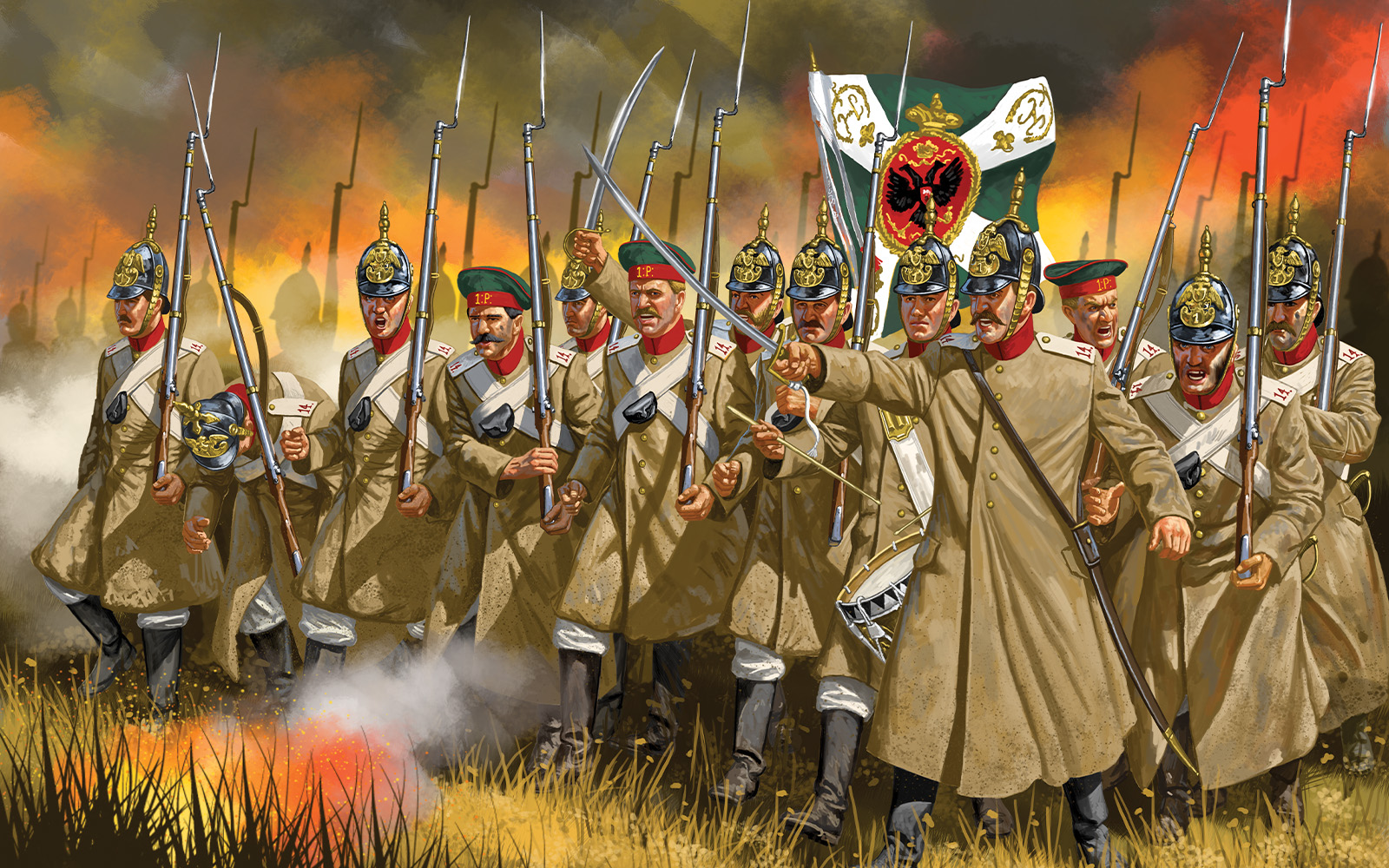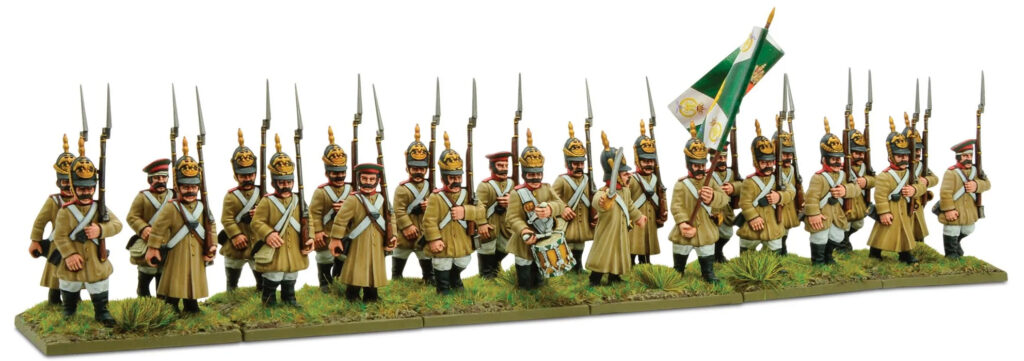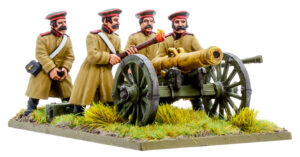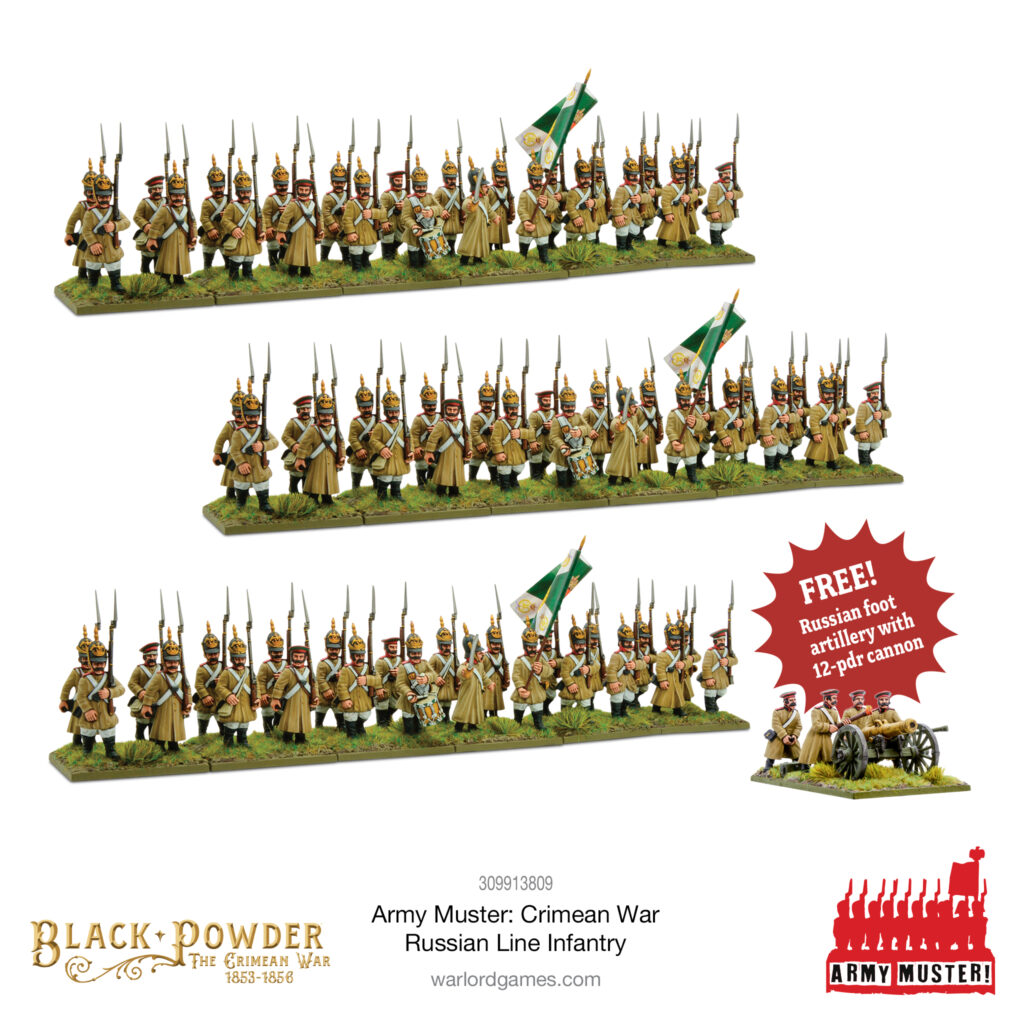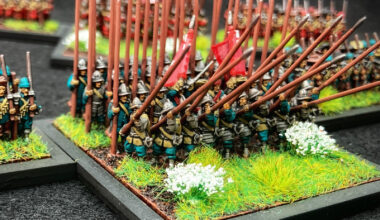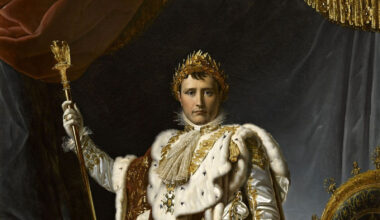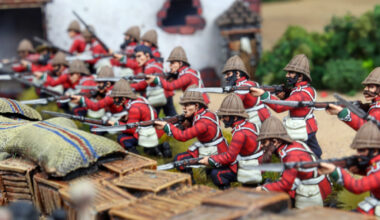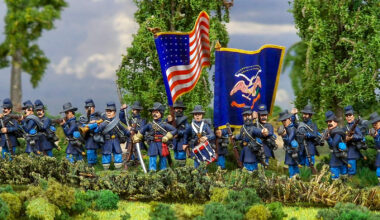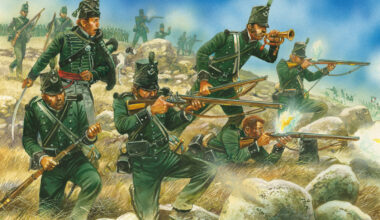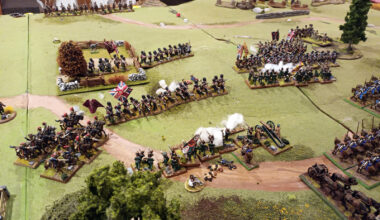While the Crimean War of 1853-56 is considered to be one of the first ‘modern’ wars, featuring the first military uses of such technological advancements as railways and telegraph lines, it would not be unfair to describe the Russian army that took part as being little-advanced beyond the Napoleonic era in many respects. While Tsars Alexander I and Nicholas I had certainly made significant efforts to reform the Russian Army, many of the issues facing the men in the Crimea would have been familiar to their ancestors who fought against Napoleon.
Perhaps the most significant failing of the Russian system (which was closely modelled on the highly-regarded Prussian Army) was its constant insistence on parade-ground perfection over anything resembling combat prowess. While this was certainly not unique to the Russians at the time, when combined with a poorly-educated officer class and soldiers conscripted directly from serfdom it led to a particularly inflexible force. This discipline was enforced with the indiscriminate brutality that had for decades been the trademark of Russian officers, producing a soldier capable of withstanding truly awful treatment, but little else. This was especially prevalent in the infantry, as the most capable and well-educated recruits were taken by the artillery and cavalry. Compounding the situation was the widespread drunkenness of officers and men alike in the period, which led to numerous incidents both on and off the battlefield.
Although stylised after the successful Prussian system, Russian field drill had failed to adapt to modern battlefield realities, producing a system unsuited for the rapidly-evolving combat of the era. Furthermore, musketry had been long-neglected by the Russians. Their smoothbore ‘Tula’-pattern musket, although converted to the more modern percussion cap system, was entirely inferior to the British Pattern 1853 Enfield rifle-musket, with the far more accurate Minié ball. The Russian muskets were also frequently of poor quality, and badly maintained over long years in storage. Indeed, many of the militia units called up for service in the Crimean War were armed with weapons over 50 years old! Some attempts were made during the course of the war to develop or procure rifle-muskets for the army, but there were never enough to equip more than a few battalions.
With this rather damning indictment of the quality of Russian soldiery, you might be wondering why anyone would want to field a Russian army in games of Black Powder!
First of all, the models are absolutely gorgeous. Our plastic boxed set gives you a fantastic battalion, clad in their long greatcoats and iconic Prussian-style pickelhauben helmets, ready to take on anything the British or French care to throw at them. Like a lot of greatcoated infantry, it’s relatively quick and simple to get large numbers tabletop-ready – no need to worry about frogging or epaulettes – but there are plenty of little details for you to flex your painting muscles on! On the table they make for a fantastic sight, becoming a sea of khaki and black, and provide a lovely contrast to the colourful uniforms of their opponents.
For rules, one must reach back to the dim and distant past of First Edition Black Powder, in which the illustrious Perry Brothers laid on a fantastic battle report with the wonderful title of ‘Crimea River’. To field a Russian force, a selection of rules profiles were created, and happily they still hold true in Second Edition! Of special note is the Russian Reliable Attack Column special rule, making them Reliable when in the Attack Column formation – this will give them a bonus to forming up and getting stuck in with the bayonet – a proud Russian tradition! While their old-fashioned smoothbore muskets put them at something of a range disadvantage against the British, there’s no substitute for cold steel at close range.
Finally, despite the many challenges they faced, the Russian army of the Crimean War displayed the same courage, hardiness, and stoicism that helped thwart Napoleon’s ambitions in 1812. Undoubtedly brave men, eager to close with the bayonet, if they had been better led they could certainly have achieved some significant victories. As a wargamer, I find this kind of challenge irresistible – it’s always great fun to try and outdo your historical equivalents!
To get you started with a Russian force of your own, we’ve put together a fantastic new Army Muster bundle. Comprising three plastic infantry boxed sets, it’s the perfect way to get a brigade onto the tabletop in one go. Because we’re lovely people, we’ll also include a free 12-pounder cannon – just what you need to deal with that pesky Light Brigade…
Fix bayonets! Prepare to advance!
